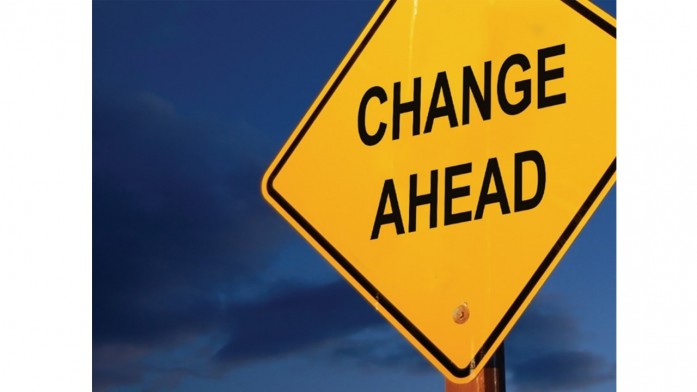I was talking recently to Dr Rachel Morris (who as many of you will know is a Red Whale presenter, coach, and specialist in resilience) as part of a conversation for her new podcast “You are not a frog” (which focusses on how to build resilience and thrive in challenging environments). General practice is certainly challenging, and the question Rachel asked me was what can GPs do in such an environment? What “quick wins” are there that GPs can take?
I reflected on all of the guests we have had on the General Practice podcast, and what is clear is that there are no magic bullets for general practice. Changes that have worked for some have not worked for others. Some practices hate telephone appointments, some swear by them. Some love new roles, some think they simply add to the overall burden of work. Some like to give the admin team more of the GP workload, but others find the lack of control adds to rather than reduces their stress levels.
There is, however, one thing that GPs who are working in practices that are thriving in the current environment have in common: the ability to make change happen. I don’t think it is over-stretching it to say that a key part of developing resilience for GPs is the ability to make change happen in their own practice.
I recently interviewed Dr Liz Phillips on the podcast, and she talked about the transformational impact being able to make changes (for her as a partner, compared to 12 years previously as a salaried GP) has had on her. Longer time listeners to the podcast may also remember the inspirational Dr Farzana Hussain talking about how learning how to make change happen using quality improvement techniques had given her the strength to carry on when she was left as the sole partner in her practice.
Resilience comes from the sense of control that when things are not working, they can be made better. When problems are being faced, there is a way out. When making change feels impossible, it is easy to understand why individual GP resilience can suffer.
Recently on the podcast Paul Deffley (in a must-listen episode) described his experience of making changes across multiple practices. However, it was in his first appearance on the podcast that he described an experience of two practices introducing the same pharmacist to do exactly the same things. One had made it work really well, one hadn’t. The pharmacist was the same, and what the pharmacist was doing was the same. The variable was the practices. Why would one practice be able to introduce the change successfully and the other not? Ultimately it came down to ability of the practices to make change happen.
Making change is difficult. But it is not impossible. Learning how to make change is a skill, and it is one that it is worth investing in developing because the benefits are so wide-reaching. I remember my own ‘a-ha’ moment many years ago, when suddenly after 5 years of “managing” in acute hospitals I learnt the role was not simply to keep things going, to do the heavy lifting for a period of time until it was someone else’s turn, but to actually make things better. I learnt the skill of making change happen, and it completely transformed my own experience of being a manager.
So when Rachel asked me what can GPs and practices do that will make the biggest difference in the challenging environment of modern day general practice, my response was to learn how to make change happen. Whatever the challenges a practice might face, if it knows how to implement change effectively it will always have a route to overcoming them.


No Comments